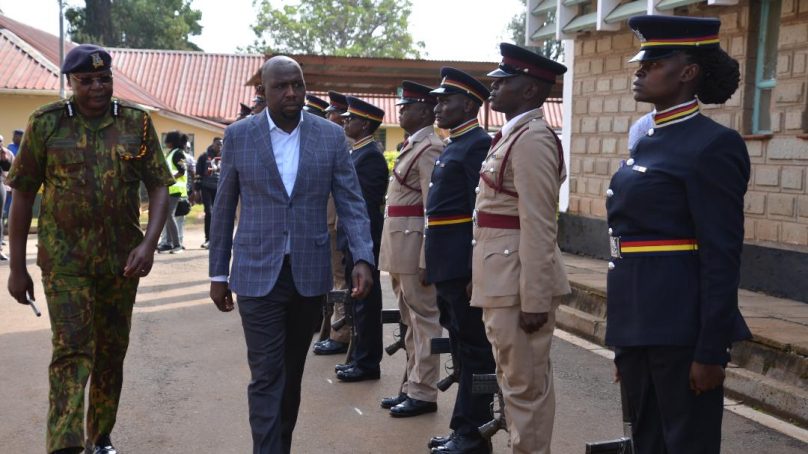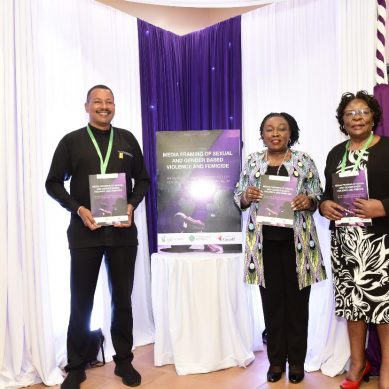
During 2022 presidential campaign, President William Ruto promised to stamp out banditry and other threats to pastoralist economies and security in Rift Valley, north-western and north-eastern Kenya where for more than 60 years cattle rustlers and other militia groups have been ruling the roost.
Ruto gave himself 100 days to effect the promise. However, nearly three years into his administration banditry is still a part of life in the regions that are synonymous with livestock keeping, social and economic underdevelopment, and general marginalisation.
On Monday, Interior Cabinet Secretary Kipchumba Murkomen, repeated the same promise made by President Ruto in 2022. It is the same promise that has been made by successive governments in Kenya: root out banditry and insurgency, pacify hostile pastoralist communities that are forced into forming and arming ethnic militias in the under-governed regions.
The result has been that arid and semi-arid regions of the country are now conduits for small arms and light weapons trafficking. Some of the arms are far more superior what the Kenya Police Service uses.
Murkomen has promised to set up at least seven new police stations in the remote parts of Baringo County to address rampant insecurity in the region.
Speaking at the Kabarnet county commissioner’s office during Jukwaa la Usalama visit in Baringo County, Murkomen said the move was necessitated by the fact that most areas in the county lack critical public infrastructures for posterity.
He noted that areas like Silale and Tirioko wards in Tiaty Constituency lag behind in social and economic development, which in turns causes security problems to neighbouring regions. In his observation, the most urgent problem is education, infrastructure and social amenities like school and health facilities.
The cabinet secretary said there is a need to open up such areas by setting up facilities that will enable residents to feel the presence of government. He announced plans to build at least four police stations in the area by the end of this year in order to enhance public safety and deter crime.
“I have given myself a deadline of December to come back and we have an officer commanding station and other officials because we want government to be present where there is a problem rather than creating a buffer between two constituencies,” Murkomen said.
The cabinet secretary was accompanied by Deputy Inspector General of Police Gilbert Masengeli, Rift Valley Regional Commissioner Abdi Hassan, Rift Valley Regional Police Commander Jasper Ombati, John Amadadi (AP), Baringo governor Benjamin Cheboi and a host of local leaders.
The cabinet secretary observed that apart from the ongoing construction of security roads within the troubled areas, the government is collaborating with Communication Authority of Kenya through universal fund to support the locals as well as security personnel in network coverage in order to enable their communication and access to essential services.
Murkomen, while issuing an amnesty to criminals who are in possession of illegal firearms to surrender them, h said the government will in the next few months be very ruthless with those who have not heeded the call.
The same amnesty has in the past been granted by his predecessors to no good effect. He also extended an olive branch to the criminals to “surrender arms for pens” where they will be offered a chance to learn skills for an alternative source of income.
Responding to media questions on the use of government ammunition by criminals, Murkomen said there are rogue elements in the police force who sell ammunition to criminals and that the law is closing on them.
The cabinet secretary added that land demarcation will solve the conflict as most of it stems from border conflicts and with each parcel having an owner with a title deed, it would be meaningless to fight for boundaries.
He also alluded on plans to put up boarding schools in areas affected by the insecurity to create a bonding between children of hostile communities. Murkomen launched a mobile national identity registration unit to register mature citizens in the area saying over 160,000 persons in Baringo were unidentified, thus miss out on key government services.
- A Tell Media / KNA report / By Benson Kelio and Christopher Kiprop







